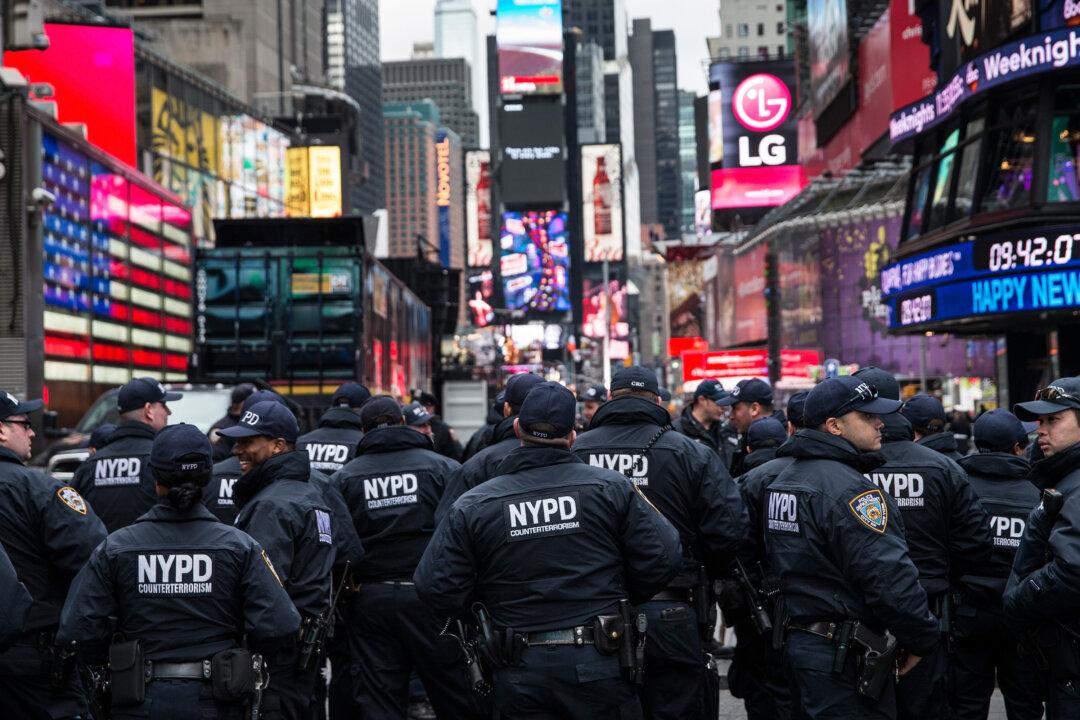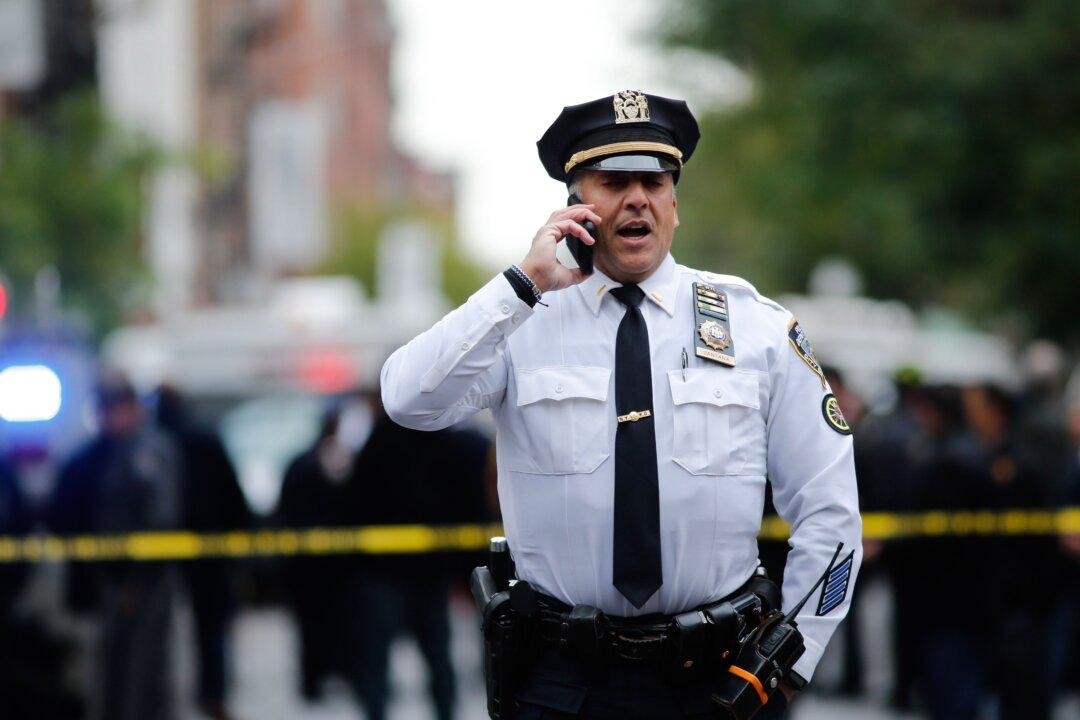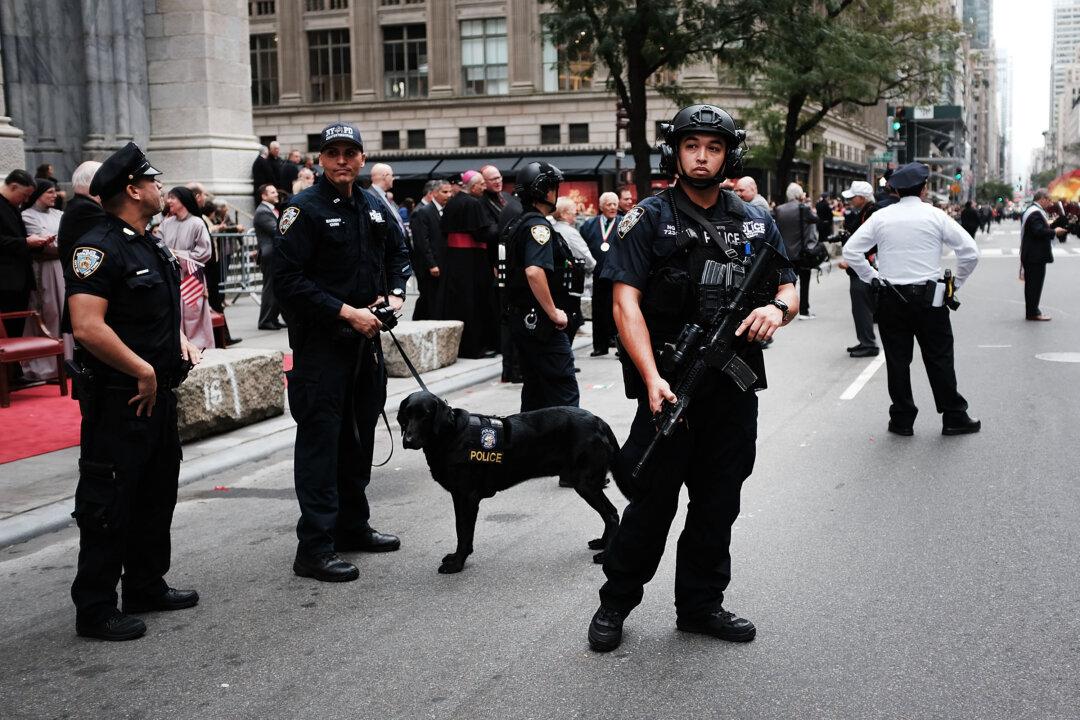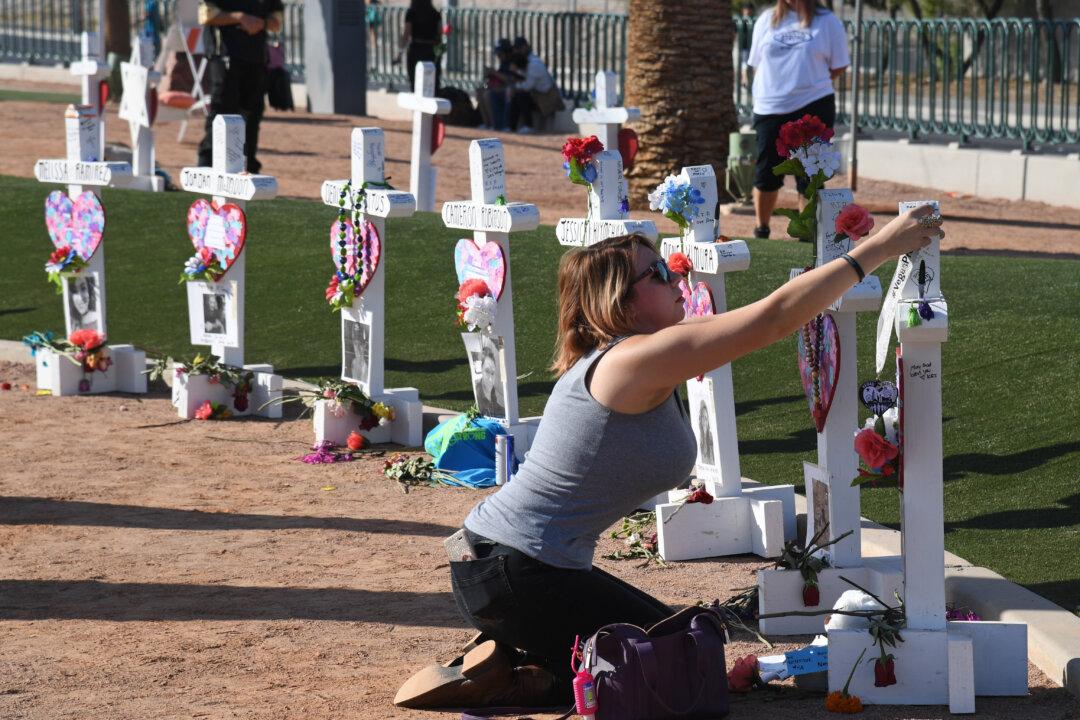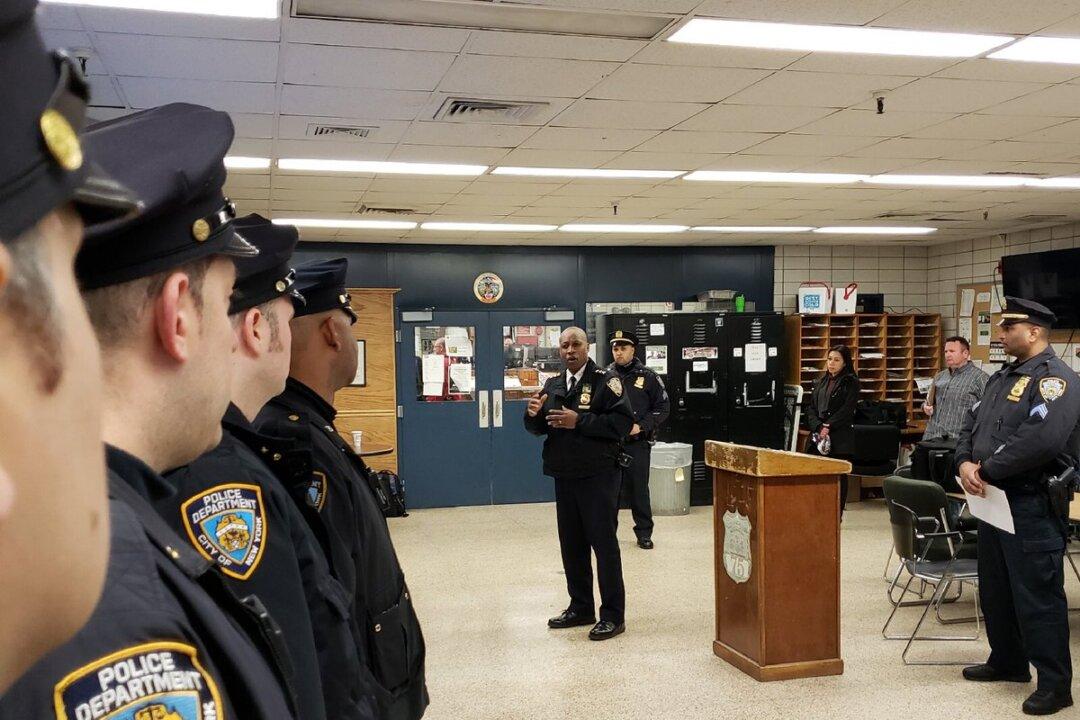The violent rampages taking place throughout America, with probability that this scourge will not end anytime soon, must motivate the nation to enhance vigilance and harden targets.
Law enforcement, military, and private security professionals refer to two types of targets for individuals with violent intentions.
These are commonly understood as hard and soft targets.
Security must be assessed and enhanced at both, as these are violent times throughout the world and here in America.
These are challenging times for police, private security, and citizens, but we must rise to the occasion to prevent all acts of violence with an unwavering dedication to collaboration.
